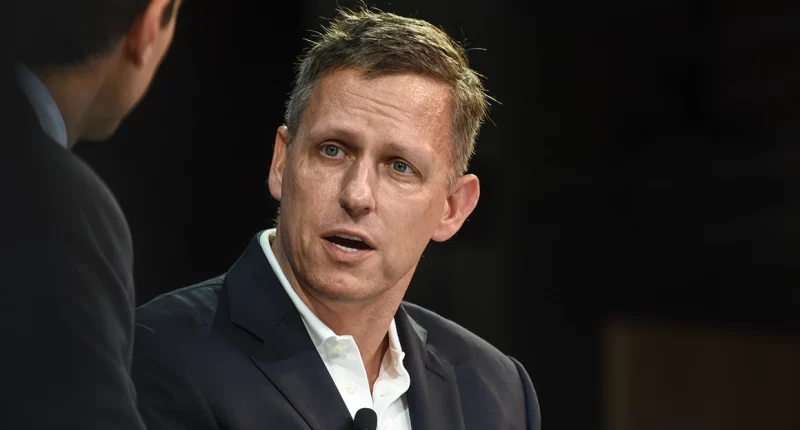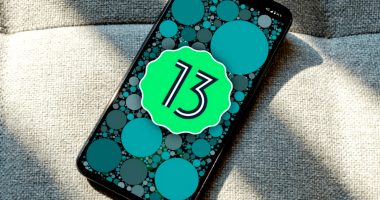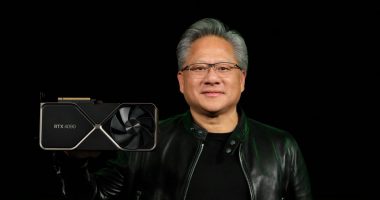Peter Thiel, who is facing criticism for his investment fund’s involvement in the Silicon Valley Bank’s recent financial troubles, revealed to the Financial Times that he personally had $50 million in the bank when it collapsed and that his funds are currently “stuck.”
Despite Thiel’s Founders Fund advising companies to withdraw their funds from the bank, a move that many believe contributed to the bank’s collapse, Thiel himself acknowledged that he had kept a portion of his $4 billion personal fortune in the bank.
“I had $50m of my own money stuck in SVB,” Thiel told the Financial Times in a story published on Thursday, saying that he believed the bank would not fail.
Following the largest bank failure in the US since the 2008 financial crisis, venture capitalists in Silicon Valley have been engaging in a blame game over who caused the panic that led to a run on a significant bank in the tech industry.
Founders Fund, the venture capital firm which Thiel started after his successes co-founding PayPal and investing early in Facebook, was “one of the first to begin alerting portfolio companies to the risks at SVB”, the Financial Times reported. As a prominent Silicon Valley player, the Founders Fund’s view on the bank spread rapidly, as frightened tweets and group chat gossip amplified the panic.
“Forty-two billion dollars came out of this bank on one day, on Thursday. And, frankly, some actors, I think, were accelerating that run”
“This happened so, so quickly.”
Democratic senator Mark Warner told ABC News
Founders Fund CEO Neil Ruthven stated in a statement to Axios that the company acted in accordance with their fiduciary responsibilities. However, the company did not immediately provide a response to requests for comments from Thiel or other leaders of the fund.
The US government acted promptly to ensure that all depositors of Silicon Valley Bank, including those whose deposits exceeded the usual federally guaranteed limit of $250,000, would receive their money.
Although Thiel’s account was briefly frozen, he has since regained access to it, according to the Financial Times.






